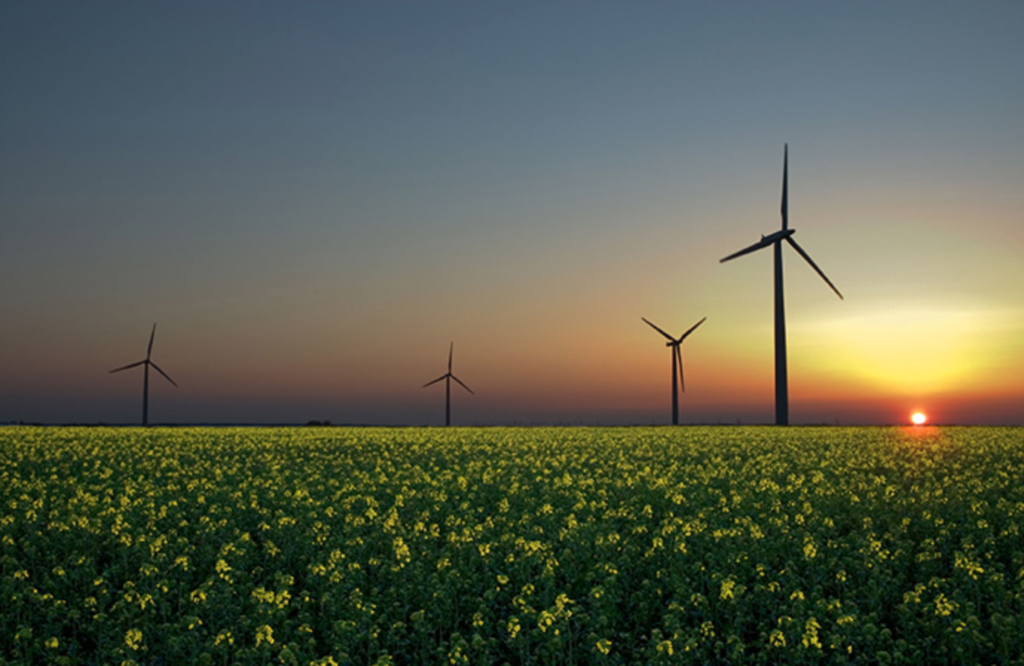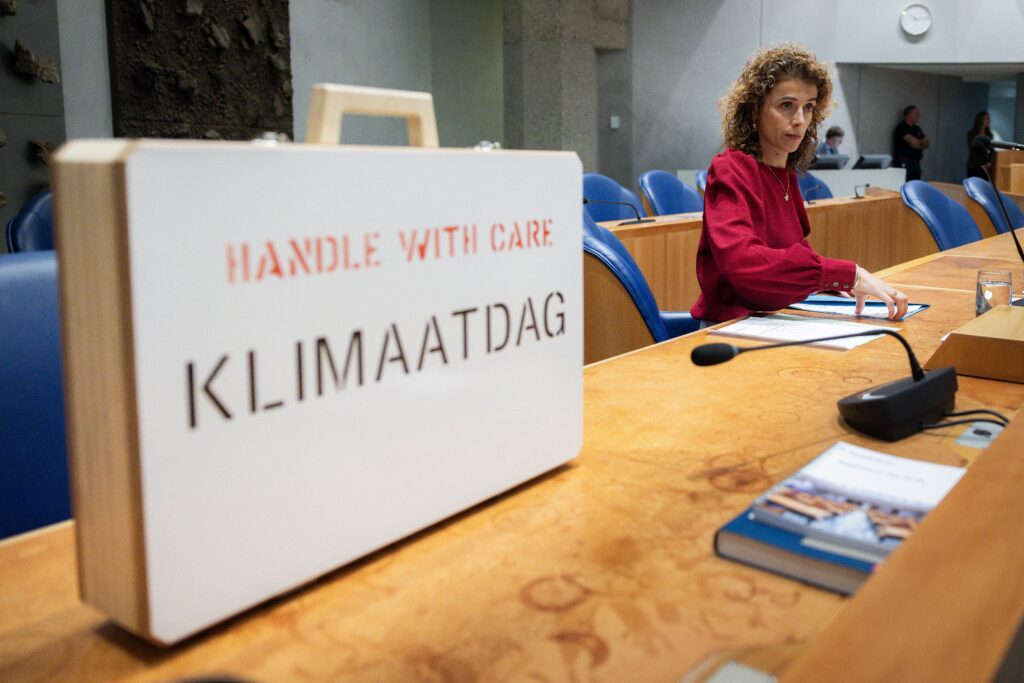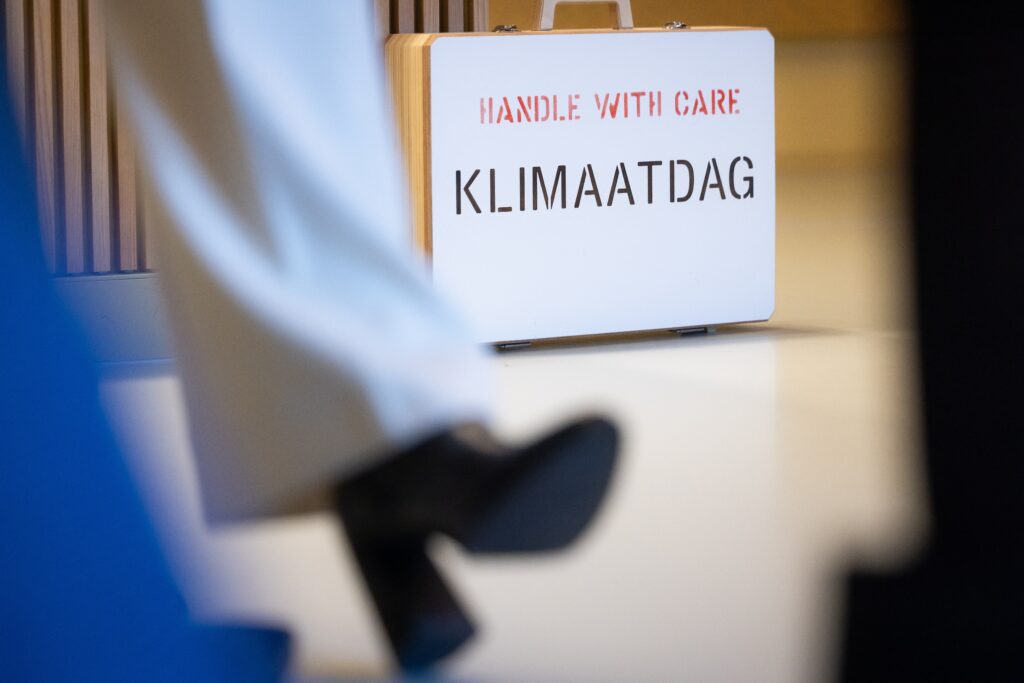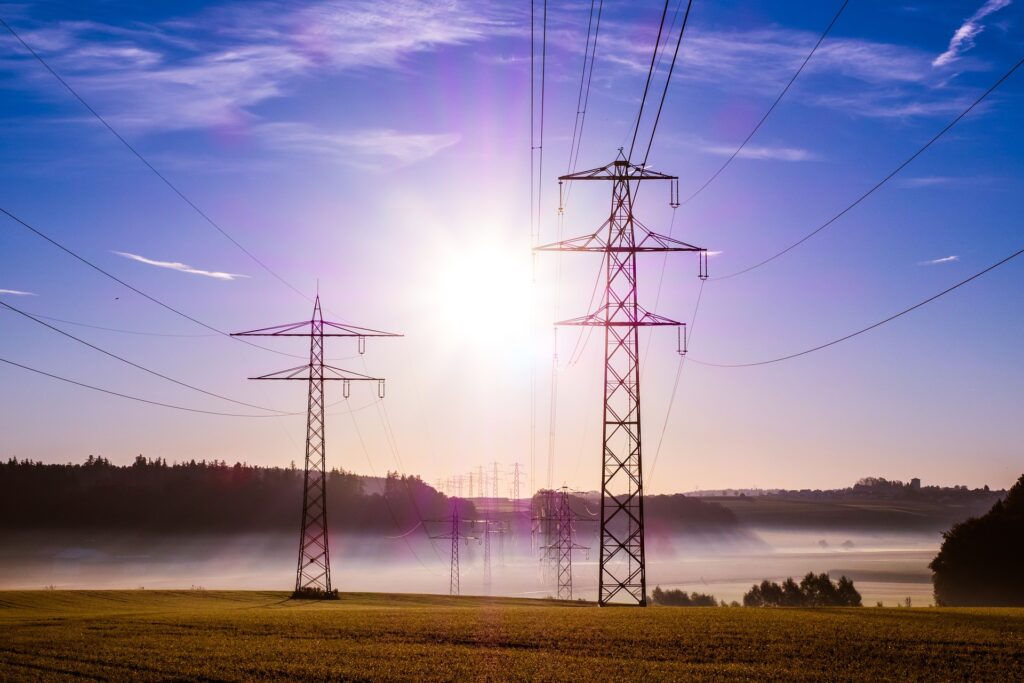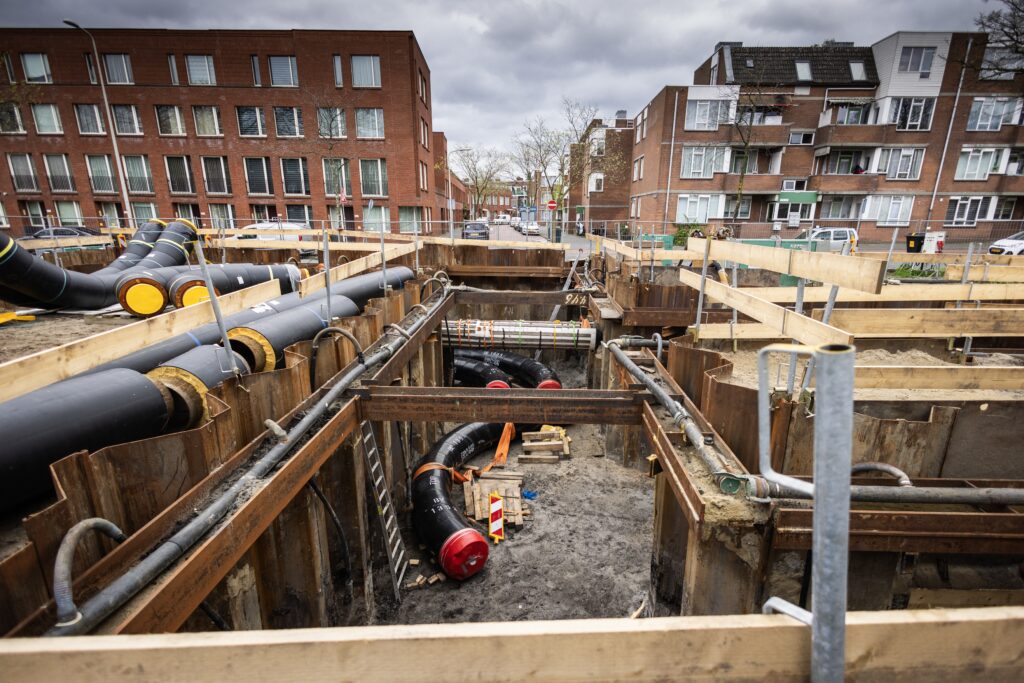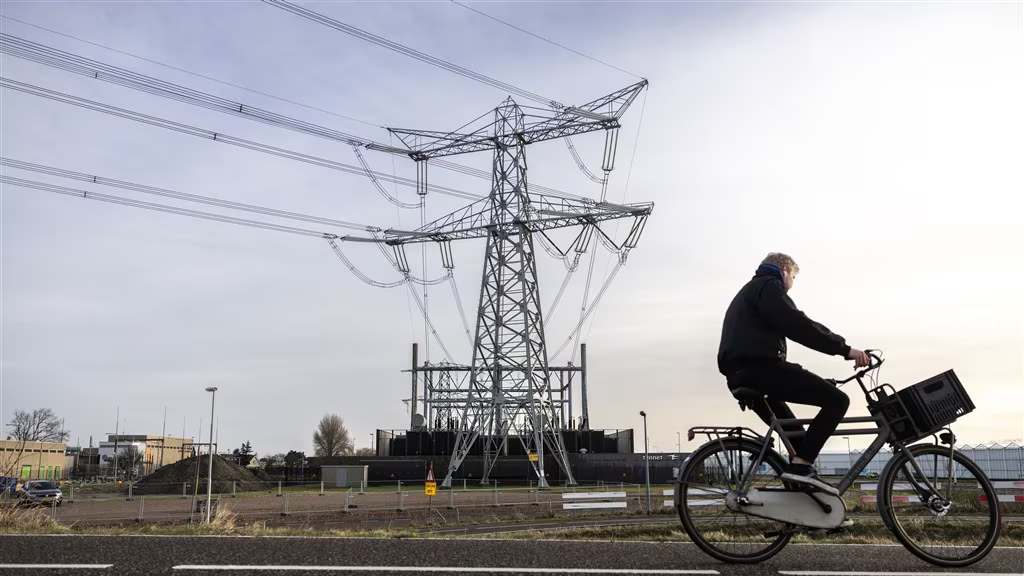Energie-Nederland and TU-Delft organized an energy debate on May 17 in the run-up to the European Elections. Representatives of GL-PvdA, VVD, CDA, D66, NSC, Volt and JA21 crossed swords about energy independence, the role of innovation and affordability. Dion Huidekooper (Chairman of the Jongen Klimaat Beweging) guided the debate, where he very well highlighted the difficult choices, similarities and ideological differences.
The debate consisted of three rounds in which politicians were first given the opportunity to express their views, after which a fact forum consisting of scientists from TU-Delft provided critical reflection. The audience, consisting of students, academics and professionals from the energy sector, also had ample opportunity to ask questions.
Bas Eickhout (GL-PvdA) dominated the debate surrounding energy independence by pointing out the important considerations that the EU will have to make in the near future, such as which industry can and should be preserved. He also argued, in contrast to Fabiènne Hendricks (VVD) and Robbert van Eerd (CDA), that complete independence is impossible due to the lack of critical raw materials on European soil.
Volt and JA21 found an unexpected consensus on the importance of encouraging innovation and technology. However, opinions differed regarding the degree of regulation and the setting of goals for innovative parties. While Volt sets a climate-neutral goal for 2040, JA21 wants to scrap these goals and let market parties instead of politics take the lead in solving the climate crisis.
Laura de Vries (D66) and Jamilja van de Meulen (NSC) held a passionate debate about the importance of support and affordability. For example, EU subsidies and targets must become more understandable for non-energy experts in society. Although both hold these principles in high regard, they differ significantly in their approach. D66 would like to continue with the climate ambitions at European level; However, NSC pointed out the risk of decreasing support if the pace is too high.
The debate was energetic and substantively strong, with ideological differences clearly emerging. It is clear what voters can choose and what this choice means for the future of European climate and energy policy. Energie-Nederland is therefore proud that, together with TU Delft, it has contributed to informing voters.
Energie-Nederland has drawn up six recommendations for the European Elections that form crucial building blocks for the coming years. Some of course show similarity with the debate themes such as:
- Developing a European vision on the security of energy supply.
- Ensuring a just transition for all European consumers.
Read all six recommendations from Energie-Nederland for a European energy transition here.

